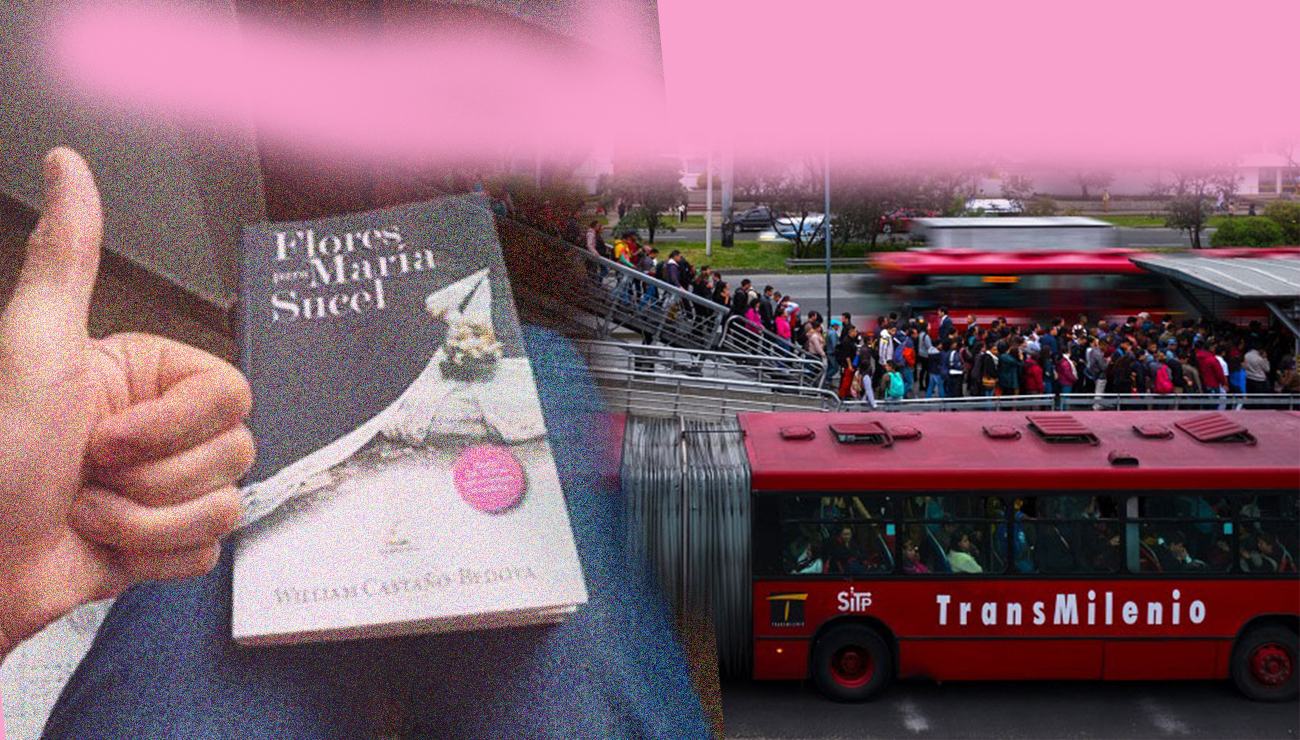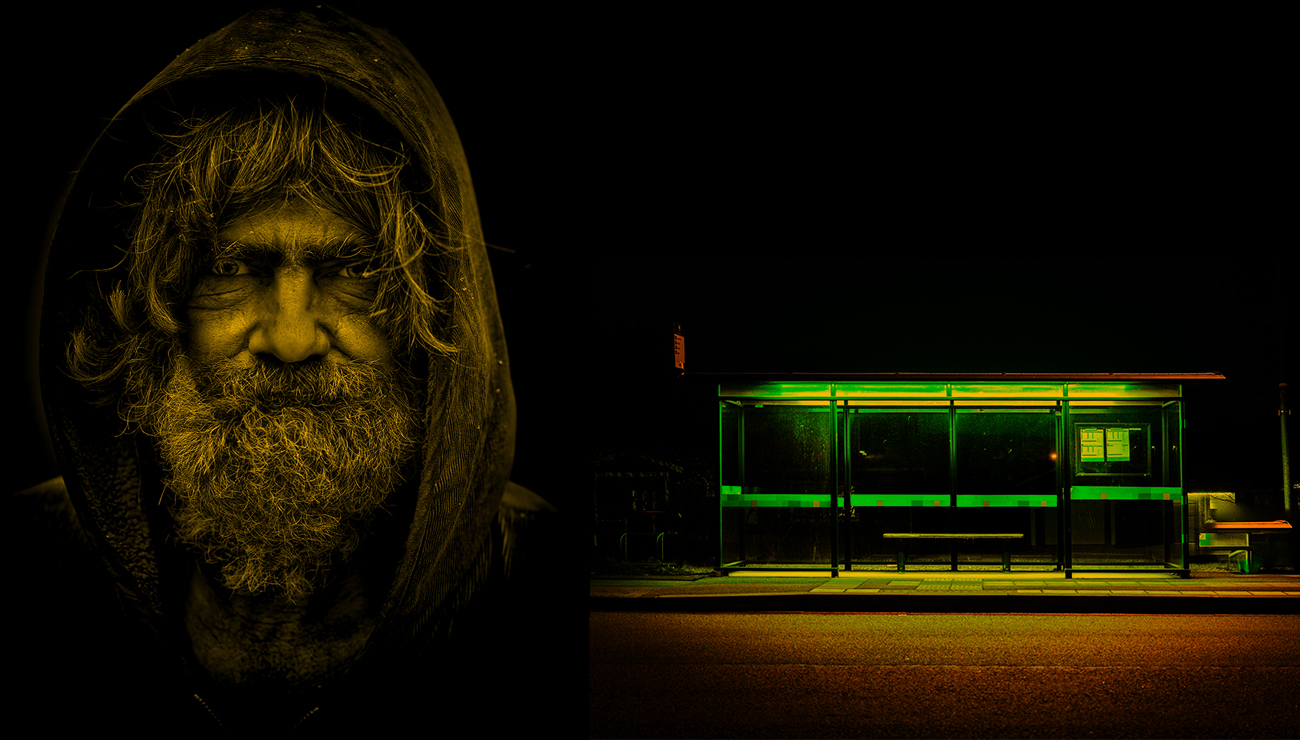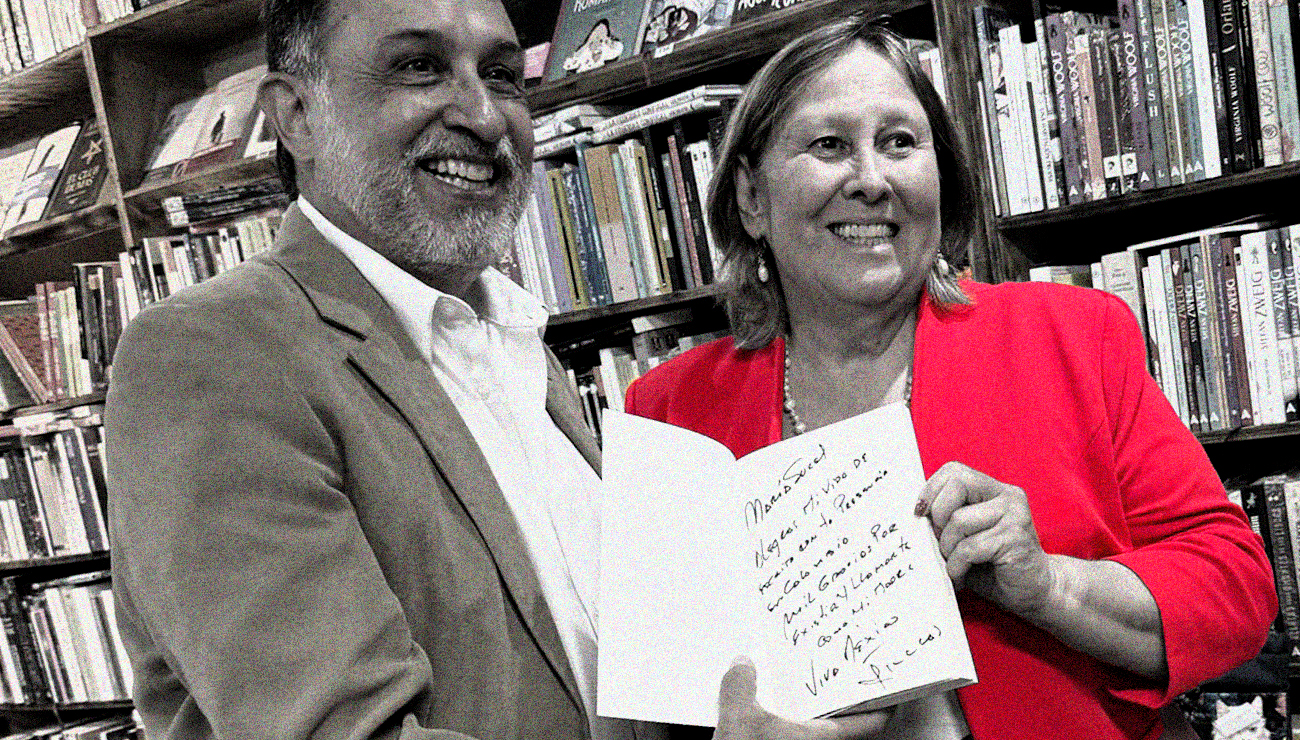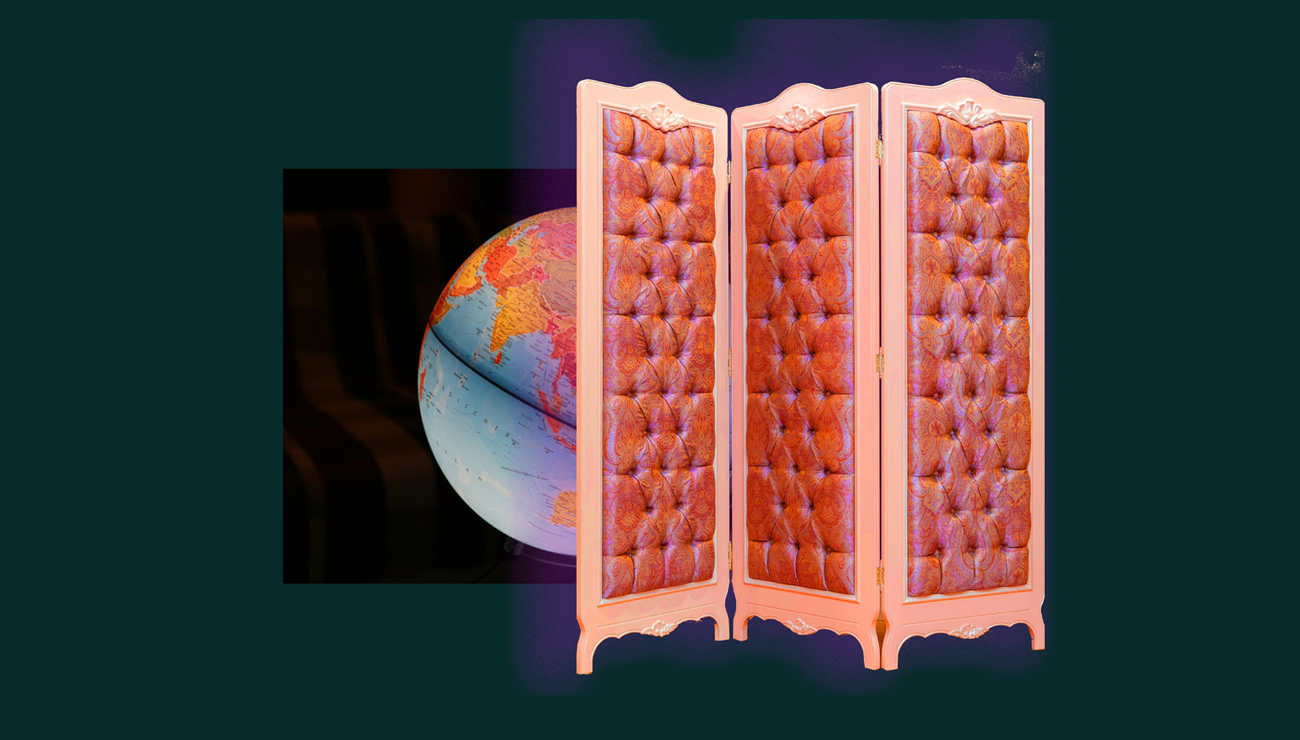
Literary wings: My journey as a writer and the bond with my readers
Autor: ©2024 William Castano-Bedoya
REFLECTIONS ON THE IMPACT AND CONNECTION SPARKED BY MY NOVEL
I can’t deny that on that day I was nervous, insecure, with stage fright gnawing at my core, inexperienced to the bone. Facing the audience, who would later confront my work, was for me a dark, tortuous puzzle. However, my closest friends, with whom I shared more commercial than literary endeavors, came in solidarity and accompanied the presentation of my debut, the novel ‘Flowers for María Sucel’.
—Cesar Augusto, what a pleasant surprise to see my novel with you. How did it come into your hands? Thank you for sharing that image with me. I send you a very cordial hug.
To which he, two days later, on Sunday morning to be more precise, replied:—Hello William, even more surprising for me to see that you responded to a photograph I sent thinking it wouldn’t be seen… thank you very much for taking that time. A person on TransMilenio in Bogotá was offering two of your novels, ‘The Monologues of Ludovico and Flowers for María Sucel’. My wife, who knows my love for reading, received them and, although the young man didn’t ask for money, she felt she could compensate him with something and although the young man resisted with denials, he finally accepted.
When my wife told me what happened at home, I was both anxious and happy about this unexpected gift. I gave her a hug and thanked her.
I’ve already read ‘The Monologues of Ludovico’ and today, Sunday, I just finished ‘Flowers for María Sucel’… Yesterday, Holy Saturday, I reached page 327 and cried a lot, a lot, knowing about Gilberto’s death and departure, and today, Resurrection Sunday, I finished the novel with María Sucel’s departure.
What a great and beautiful novel, the ending of ‘Flowers for María Sucel’ took me back to the beginning of their love and personally makes me think about life, my family, my parents, my children, my wife, and my life; about the journey we all take through this world.
As a writer, Cesar Augusto’s words filled me with a deep longing. I yearned to cry tears of joy, both for his heartfelt message and the emotions it evoked. I felt like I had received news of a lost child, news that told me he was alive and vibrating on his mission through this world. So I just responded with my heart brimming with emotion:—You make me cry. God bless your life. If you allow me, I will share this dialogue as a testimony. Receive a hug of friendship, admiration, and affection.
To which he replied:—Of course, William, it is a compliment that you want to share my humble comment. God bless you too always and fill your days with happiness.
You might wonder why I’m sharing these personal testimonials about my work. I hope you understand, dear reader. I must confess that this narcissistic character of commenting on my own works is solely due to that need and perhaps obligation to tell the things that happen about my career as a writer, because I belong to that legion of independent writers, who apart from writing, we manage our novels personally. This implies being entrepreneurs of our own work, its design, printing, dissemination, and commercialization, all because circumstantially we do not have the support of the marketing that large companies dedicated to the world of books provide to their writers, nor the management of literary agents in handling commercial agendas. I do not express it from the corner of dissatisfaction but from the corner of circumstances. Great writers of modernity chose self-publishing with quite good success. Fortunately, we are going through a time in which independent writers make use of technological infrastructure to compete in this world through self-publishing. On this reality, I have published my most recent novel titled: We’ll meet in Stockholm’, a nice sarcasm worth exploring. But what makes this testimonial story sweeter and more nostalgic? Well, as everything in life, circumstances conspire for things to happen, in this case, for the good Cesar Augusto García Moreno to have read my novels. Those circumstances of which I speak led me to travel to Colombia to fulfill a commitment, invited by the Jorge Tadeo Lozano University in Bogotá, to talk about ‘The Monologues of Ludovico’. That happened in October 2022; to the event I brought some copies of ‘Flowers’ as well as Ludovico’s. A representative audience was expected and although the in-person audience was not plentiful, as a torrential downpour clouded the intentions of those who wanted to attend, plus other circumstances such as the congested traffic in Bogotá, among other city-wide boycotts of force majeure; among the few attendees, there was a simple, silent figure, perhaps timid, a nephew whom I did not know and who humbly approached the university to meet me, we hugged and did catharsis with the encounter; his name, Nicolás Castaño. After finishing the panel, I approached to greet the people who accompanied me and, as the minutes passed, we began to be alone. There, on a table, were most of the books I brought to the event, many to meet expectations. What to do with that inventory? I asked myself many times, especially because the next day I would return to Miami. Then, it occurred to me that putting the novels into the hands of those who willingly wanted to read them would be part of the mission for which they were written. In agreement with my nephew Nicolás, we agreed that he, over the following days, would slowly put my novels into a backpack and try to motivate passengers on the public transportation system known as TransMilenio in Bogotá to receive them, at no cost, to which I committed to cover his logistical and transportation expenses. My nephew Nicolás did a commendable job for which I am infinitely grateful. All my consideration and affection for my nephew. It was he who embedded reading in the García family. It was he who made it possible for this testimony to emerge from those premonitory wings that the Books&Books official assigned to my novel in 2006. Other testimonies come to my mind. There is something in ‘Flowers for María Sucel’ that produces that melancholy that moves the soul simply as a work of literary fiction. I recall another moment that occurred in April 2023, I was attending a training center for newly arrived immigrants to the United States, most with refugee status from Cuba, Central American countries, Latin America, and the Caribbean, it is a center where vocational knowledge is imparted, and within a group, I found several very dear, very dignified people, trying to learn to live in the United States, for some reason I gave away some copies of my novel to them when they found out that I was dedicated to literature. Within the group, my novel reached the hands of a young woman named Marcela. Days passed without news until I found a message that said:—William, I finished reading ‘Flowers for María Sucel’, a story as sad as it is beautiful, full of love and reality, a story that reaches the soul, thank you for sharing it. Total admiration!
To which I replied:—Thank you Marcela, I’m glad you read it. It is an honor for me that my novels are read and that they are liked. Receive a warm greeting with my best wishes.
She replied:—Thank you William, my mom also read it and cries when we discuss any point of the story, it is impossible not to identify with the characters.
What can I say, dear reader; when writing ‘Flowers’ I was inspired by millions of Latin American women that my eyes have seen, also by millions of Latin American men, by millions of Latin American families, almost all of them from middle, lower-middle, and lower classes, classes where the human condition emerges from the difficulties of life for many. Perhaps for this reason readers find some literary value in the work and its characters. All of them, to some extent, reflect what my parents, my siblings, my family were. Perhaps for this reason my novel has wings. Those wings are also moved by circumstances, they are the wings of the readers who make it fly towards the eternity of stories, thanks to the craft of literature. Thanks to all who have read my works. I strive every day to write better, out of respect for you who provide that part that closes the flight of the writer, reading.A Planetary Choreography: Each Tragedy Serves as a Screen to Hide Another
William Castaño
William Castaño-Bedoya is an American writer based in Coral Gables, Florida. His literary fiction explores the ethical, psychological, and emotional structures that shape human relationships, focusing on love, vulnerability, and the tensions between power and compassion. His narrative voice is marked by interiority, silence, and moral inquiry, privileging emotional intelligence over spectacle. After a long career in marketing and creative leadership, he turned fully to literature, bringing a strategic understanding of contemporary human experience to his work. He is the author of several novels, including "The Intriguing Stillness of the Tides", "We the Other People", "Ludovico", "Flowers for Maria Sucel", "The Galpon", and "We’ll Meet in Stockholm".



